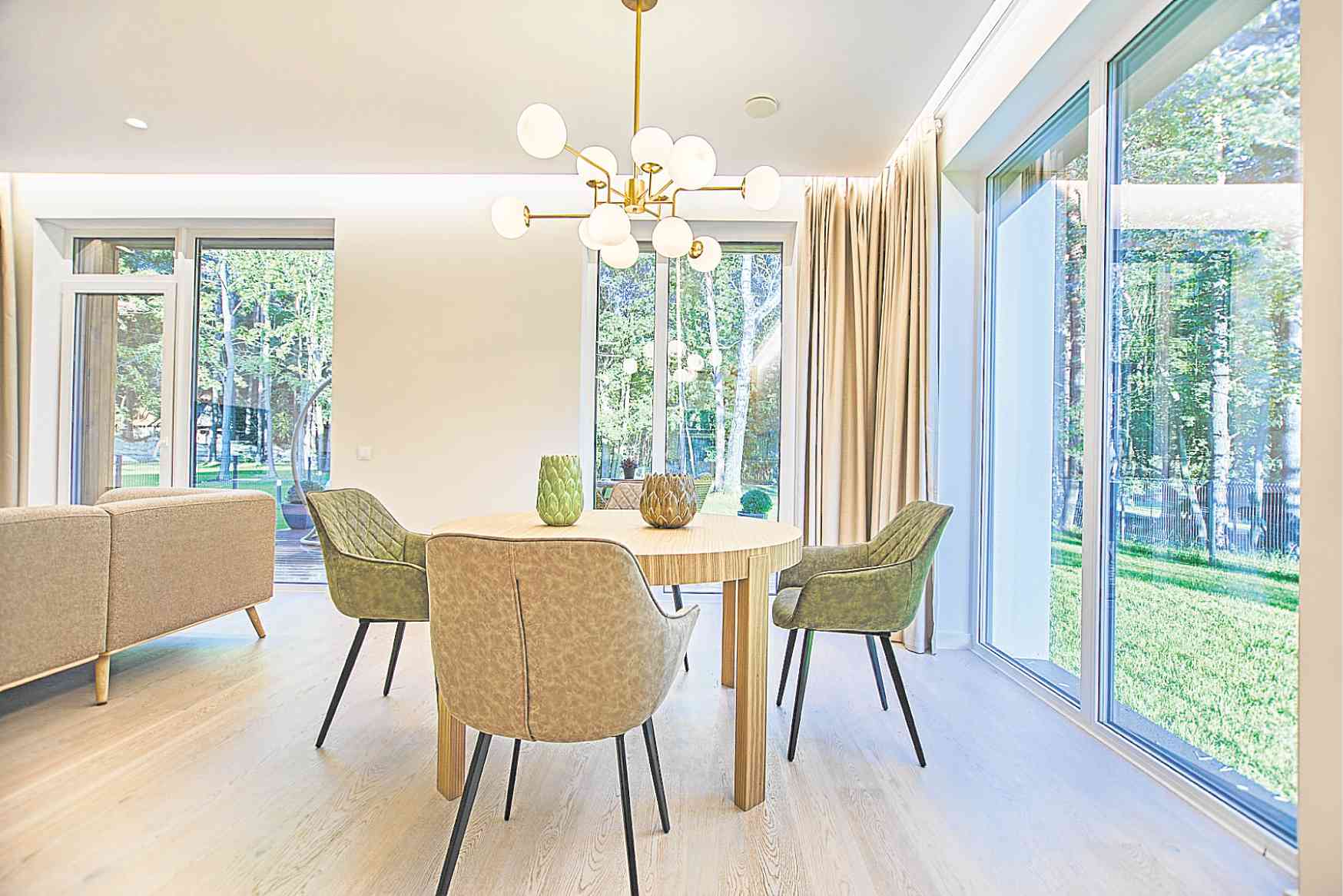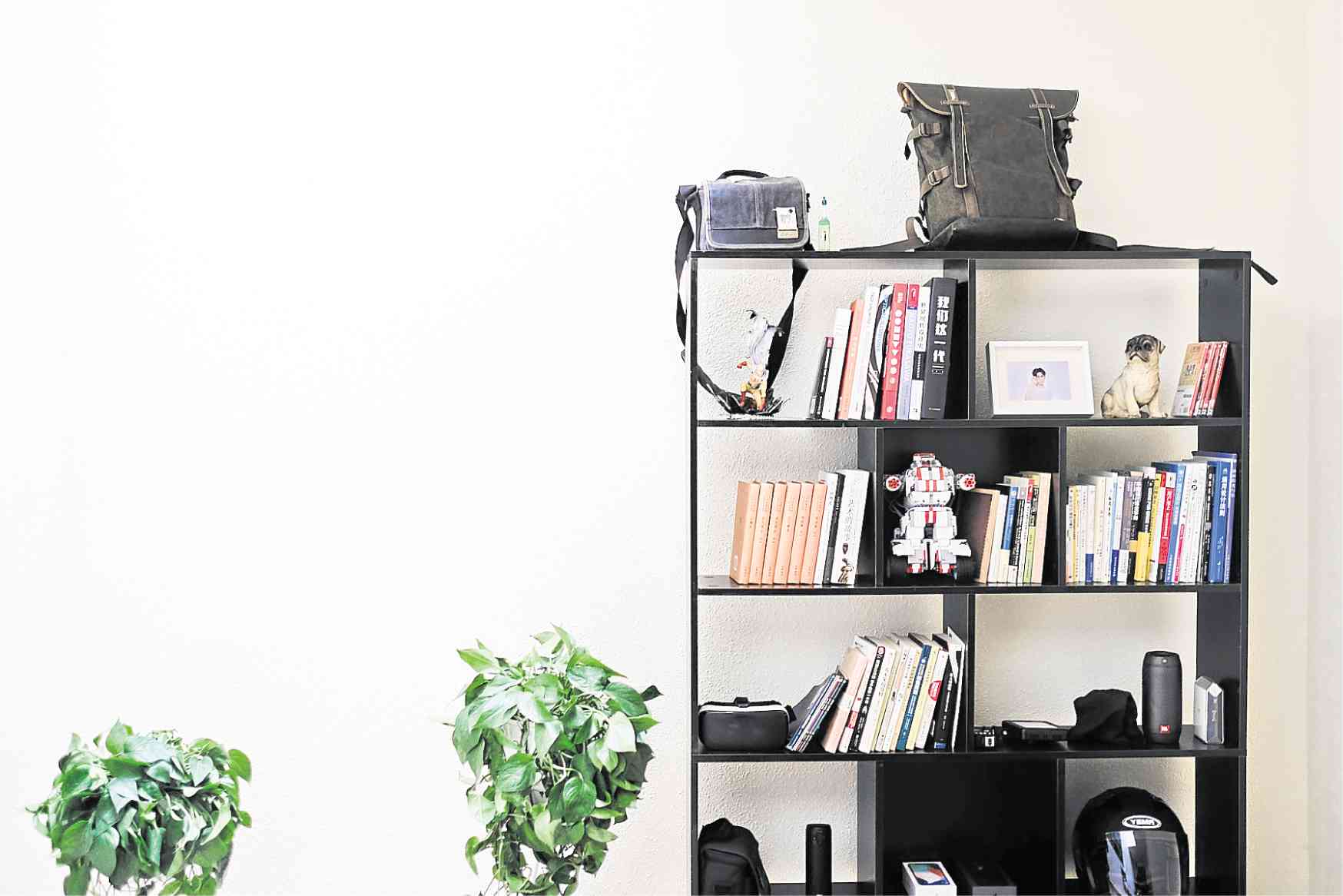Feng shui: beyond belief
Feng shui is one of the oldest forms of interior design. Literally translating to wind-water, it is about creating harmony between your inner self and the outer world through proper space planning, material finishing and interior styling.
The goal is to keep the chi flowing gently throughout the environment, rather than running straight through it.
Feng shui is often associated with bringing luck and prosperity to homeowners. But more than being a practice (and belief for some), a number of feng shui principles can actually help you to a more pleasant and sound home.
Let there be light and air
Light and air are two essential elements that attract positive energy. There must be ample windows and openings to let natural light in and allow air to circulate freely in the entire home.
Studies have shown that natural lighting and ventilation help people to be more productive, happier, healthier and calmer.
Focus on that entry point
Your main door is the mouth of your chi.
According to Sally Painter, the approach to the main door should curve and meander. Avoid a straight pathwalk leading to the main door so that the energy will not rush through your home. This creates a more dramatic approach to your main entrance.
It is also recommended to have a foyer to contain the chi and distribute it throughout the rest of the house. It generally functions as a transition space between the outdoors and indoors. This is the area where they can leave their footwear or umbrellas especially when it’s raining so there will be no line of soggy shoes and wet brollies lying around your front porch.
The yin and yang
These two zones shall be strategically planned in relation to each other.
The bedroom needs the tranquil yin energy while the kitchen, garage and office need the dynamic yang. In principle, the bedroom should not be located over a garage and kitchen or connected to a home office. To achieve a more relaxing sleep and rest, the bedroom should have space buffers in between the home’s active areas like the kitchen and office. A bedroom on the lower floor should not be placed underneath a bathroom on the upper floor.
For a more efficient and economical plumbing system, bathrooms should ideally be stacked on top of each another to reduce the run of pipes and to ease supply and discharge of water and waste.
Soften those edges
Feng shui experts coined the term poison arrows for sharp-edged and hard-angled furniture pieces. These items disrupt the flow of the chi and should thus be avoided. It is recommended to use round furniture at home. Not only do these help in the even flow of the chi, rounded furniture are child-friendly (and hip and toe-friendly, too). For that heavy stone or hardwood flooring, an area rug is recommended to soften the energy. The rug also acts as space delineation for your living room seating set.
Go green
Plants signify growth and expansion. Our green buddies should be integrated into our lifestyle and home.
Like the choice for furniture pieces, soft and rounded looking plants are best to use. Rubber plants are good because they can survive with minimal care. Plants are not only a sign of prosperity—these also help cool down your space and improve the indoor air quality.
Declutter and make room
The KonMari method of cleaning did teach us something—throw away anything that does not spark joy.
Clutter is attached to emotion. Put away things with bad energy—those that came from break-ups, a miserable job or an unfortunate gathering. Items in your home should define your current self and not reflect the person you once were. Not only you draw out the bad chi, you also clear up storage spaces for a possible new hobby or interest you further want to pursue.
Creating a good energy flow and proper order is the main goal of feng shui. These practical tips define feng shui as more than a belief to bring luck—it is a practice that can guide designers and homeowners alike in realizing their space and put together elements and principles to build a functional and practical home.
References:
apartmenttherapy.com
feng-shui.lovetoknow.com
lifebuzz.com
thespruce.com
pexels.com


